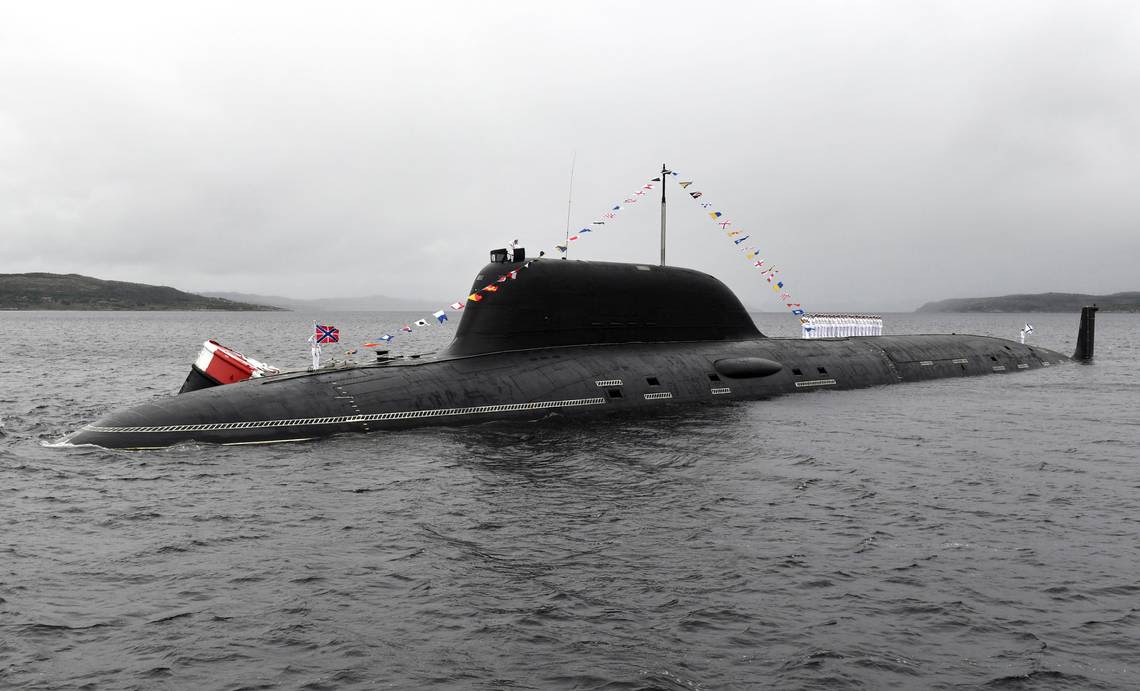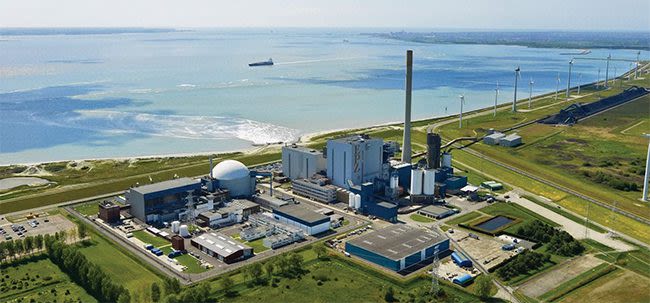Search results
Nuclear power is the use of nuclear reactions to produce electricity. Nuclear power can be obtained from nuclear fission, nuclear decay and nuclear fusion reactions. Presently, the vast majority of electricity from nuclear power is produced by nuclear fission of uranium and plutonium in nuclear power plants.
News about Cuba, Russian naval ships, Russia
News about nuclear power, IAEA, White House
News about Dutch government, Westinghouse Electric, nuclear reactors
Nov 15, 2022 · Nuclear energy is a form of energy released from the nucleus, the core of atoms, made up of protons and neutrons. This source of energy can be produced in two ways: fission – when nuclei of atoms split into several parts – or fusion – when nuclei fuse together.
Mar 26, 2019 · How does nuclear energy work? Is radiation a risk? Find out the difference between nuclear fission and fusion, how uranium fuels the process, and the pros and cons of this alternative energy...
May 29, 2024 · nuclear energy, energy that is released in significant amounts in processes that affect atomic nuclei, the dense cores of atoms. It is distinct from the energy of other atomic phenomena such as ordinary chemical reactions, which involve only the orbital electrons of atoms.
May 21, 2024 · nuclear reactor, any of a class of devices that can initiate and control a self-sustaining series of nuclear fissions. Nuclear reactors are used as research tools, as systems for producing radioactive isotope s, and most prominently as energy sources for nuclear power plants.
Oct 19, 2023 · Nuclear energy is the energy in the nucleus, or core, of an atom. Nuclear energy can be used to create electricity, but it must first be released from the atom.
Nuclear physics is the field of physics that studies atomic nuclei and their constituents and interactions, in addition to the study of other forms of nuclear matter. Nuclear physics should not be confused with atomic physics, which studies the atom as a whole, including its electrons.






